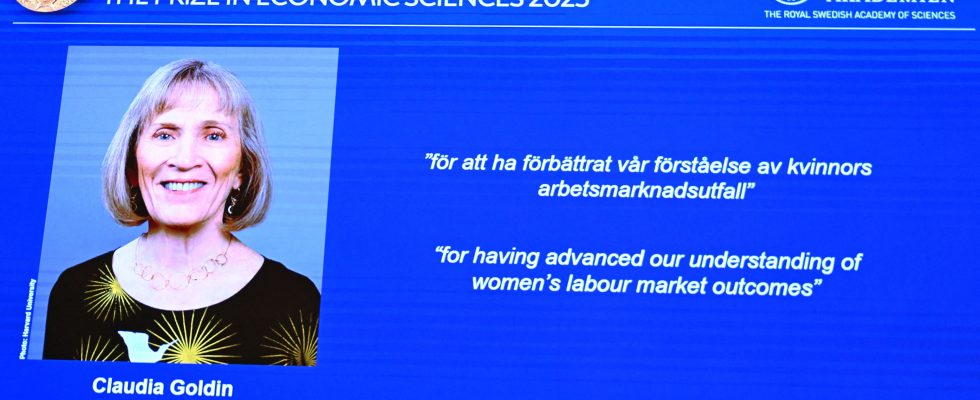Comments regarding the new Nobel Prize winner in economics, the American Claudia Goldin, emphasize the fact that she is the third woman in history to be awarded this honor. However, other significant elements of this attribution deserve to be highlighted.
The first is that once again, an American economist was chosen. Since its creation in 1969, the prize has been awarded to 91 people. Americans have won it 61 times, not counting holders of dual nationality. This recurrence of the most dominant country, economically speaking, on economic science is certainly not new. The economists of the 18th century were French, those of the 19th and early 20th centuries English. We can nevertheless question this imbalance in a profession which has made free trade a pillar of its reasoning, and globalization a focus of its research.
The second aspect concerns the profile of the applicant. Her work has focused on women, their contribution to growth and their status in the labor market over a long period of time. One might think that in an era that wants to give women their true historical place, these are in tune with the times. In fact, the work in question is striking for its scientific rigor and does not suffer from any ideological bias. A constant for this economist with an extensive and flawless career profile. A professor at Harvard, she is a member of the Econometric Society, which is the natural breeding ground for Nobel Prizes, and chaired the American Economic Association, proof of a form of recognition from her peers.
The importance of history
Furthermore, this remarkable journey began with a doctoral thesis supervised by Robert Fogel. He won the Nobel Prize in Economics in 1993 for his work on economic history. Thirty years later, Claudia Goldin is therefore giving a Nobel Prize to this often neglected dimension of economic science. If the economist wants to keep a scientific character to his subject, he must bring his methods closer to those of hard sciences such as physics and adopt the mathematical formalism of the physicist. But to confirm his results, it is essential to replace the laboratory experiment with the detailed analysis of history.
Last notable element, Claudia Goldin receives this Nobel Prize at 77 years old. This award crowns a life of research, teaching and scholarly exchanges with other economists. It fits perfectly into the logic of this Nobel which, like that of literature, salutes the whole of a work more than it underlines, like those of physics or medicine, the contribution of a discovery.
